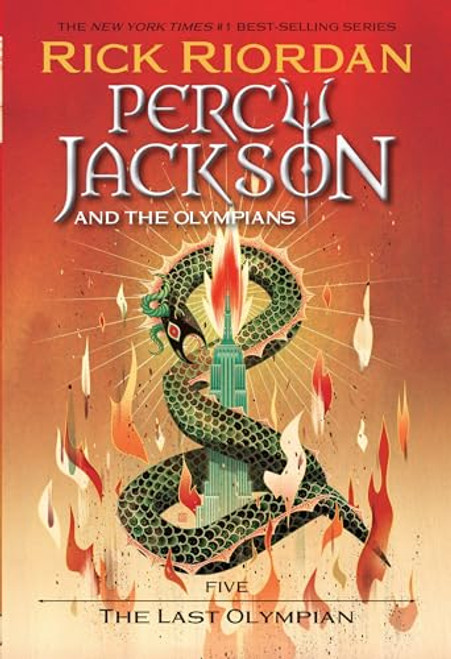The 2004 Olympic Games to be held in Athens will focus attention on the city which was the cradle of western civilisation. In a world paradoxically diminished by technology this ultimate demonstration of human physical abilities will entrance billions of spectators.
The Games help us to forget for a short time the existence of so much misery and suffering. The heroic physical feats of the competitors bring universal admiration rare in an often cynical age. For the space of a few days the best athletes from every nation come together in a spirit of brotherhood to compete for the sake of sport; the fanfare saluting the victors drowns out the bugle calls of war; the cheers briefly distract us from brutality and barbarism.
The Games invented and organised by the Ancient Greeks teach us important lessons. An Olympic truce suspended hostilities and bloodletting for their duration. A whole idea of what it means to be a man, a whole culture and philosophy, was shaped by these competitions, which testified above all to man's overwhelming ambition, his need to push the limits of his abilities and surpass himself.
Drawing on his extensive knowledge of ancient texts and iconography, Professor Bernand makes the case for the festive, brotherly and spectacular side of the competitions, where both physical and mental attributes were equally important to the underlying ideals of beauty and courage. The winner brought honour to himself, his family, his city and to the gods. The Games became a national as well as local institution, developing in an atmosphere of goodwill and joy where only one competitor could hope for glory- the victor.










